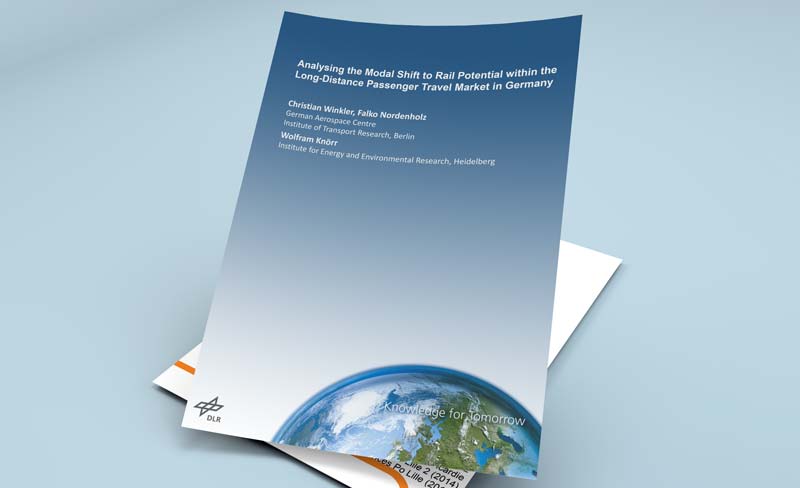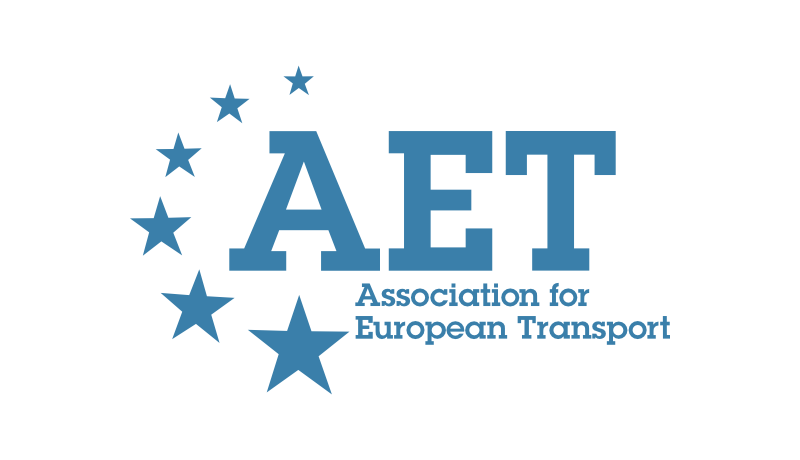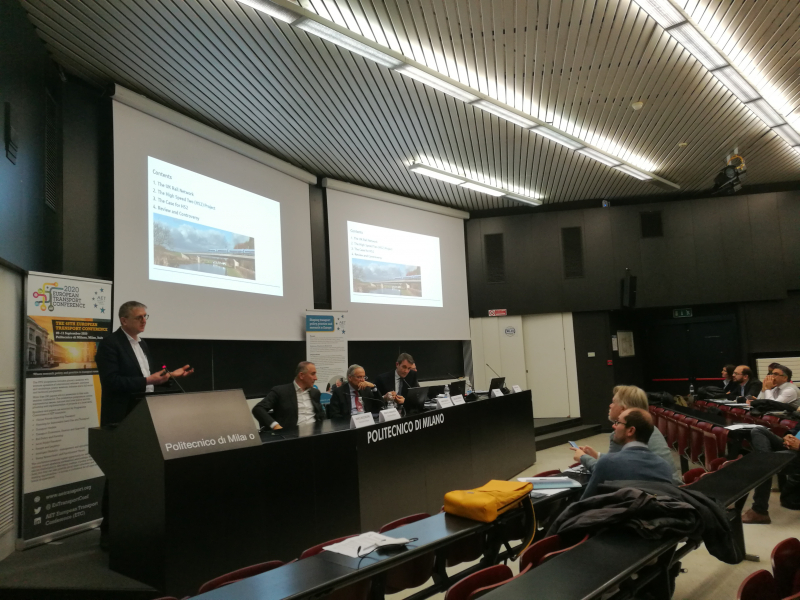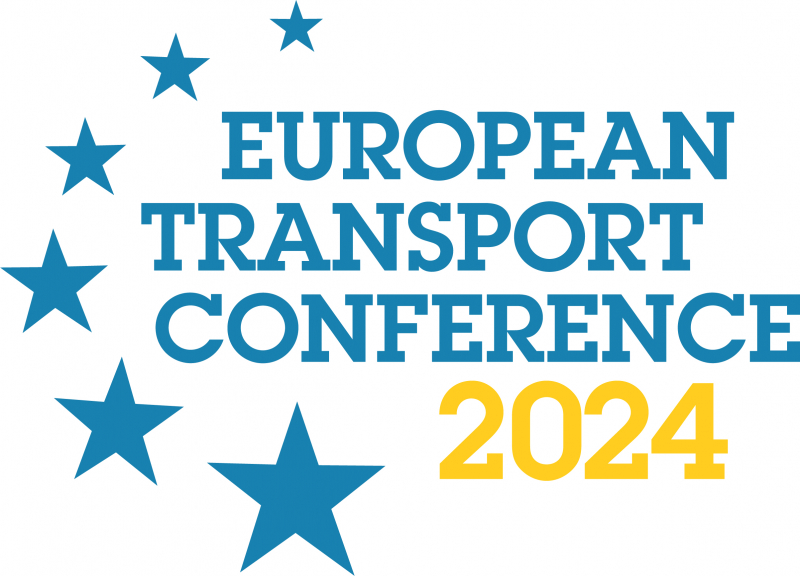-
Past ETC Papers

Browse, search and view papers from the past AET Conferences.
-
Members' Area

AET promotes networking and exchange of ideas, information and opportunities amongst members.
Conference Papers 2018
Dublin, Ireland
ETC Conference Papers 2018
The Vehicle Data Value Chain as a Lightweight Model to Describe Digital Vehicle Services
Seminar
Day 1 (10 Oct 2018), Session 2, Big Data - frustration or opportunity?, 14:00 - 16:00
Status
Accepted, awaiting documents
Submitted by / Abstract owner
Christian Kaiser
Authors
Dipl.-Ing. Christian Kaiser [Virtual Vehicle Research Center, Austria, christian.kaiser@v2c2.at]
Dipl.-Ing. Andreas Festl [Virtual Vehicle Research Center, Austria, andreas.festl@v2c2.at]
MSc Gernot Pucher [TraffiCon, Austria, pucher@trafficon.eu]
Prof. Dr. Michael Fellmann [University of Rostock, Germany, michael.fellmann@uni-rostock.de]
Dr. Alexander Stocker [Virtual Vehicle Research Center, Austria, alexander.stocker@v2c2.at]
Short abstract
We introduce the Vehicle Data Value Chain (VDVC) as a lightweight model in order to provide a structure and a frame of reference allowing to systematically describe the transformation of data into valuable digital vehicle services.
Abstract
Digitalization has become an important driver of innovation in the automotive industry. For instance, the Quantified Self-movement has recently been transferred to the automotive domain, resulting in the provision of novel digital services for various stakeholders including e.g. individual drivers, municipalities and insurance companies. In this direction, a growing number of information and communications technology (ICT) start-ups from outside Europe have entered the market. Their digital vehicle services are grounded on the availability of vehicle Big Data. Hence, to provide a structure and a frame of reference allowing to systematically describe the transformation of data into valuable services, to compare digital vehicle services and to understand and explain the data-related challenges associated to them in the emerging field of digital mobility, we introduce the Vehicle Data Value Chain (VDVC) as a lightweight model to describe and examine digital vehicle services. Furthermore, we classify current digital vehicle services of four start-ups and five car manufacturers by applying the Vehicle Data Value Chain, thereby identifying commonalities and differences within three crucial steps: data generation, acquisition, and usage. Furthermore, we apply the Vehicle Data Value Chain to describe MoveBW, a digital mobility service of a European industry consortium developed to increase the compliance rate of transport users to the transport strategy of the region. This exemplary application serves to evaluate the Vehicle Data Value Chain and show its general applicability in a practical context. We conclude our paper with a short conclusion and outlook on various current activities from standardization organizations, the European Commission and car manufacturers related to the future of vehicle services.
Programme committee
Data
Topic
New Mobility patterns, Digitisation and Mobility as a Service
Documents:
No documents yet.
Association For
European Transport
Forester House
Doctors Lane
Henley-in-Arden
Warwickshire, UK
B95 5AW
+44 (0) 15 64 793552
VAT number: 710 1866 64
Conference Supporters & Endorsers




Legal Entity
The Association for European Transport is registered as an Association ('vereniging') with the Chamber of Commerce for Haaglanden in The Netherlands under company number 27170096.
Built on Zenario




